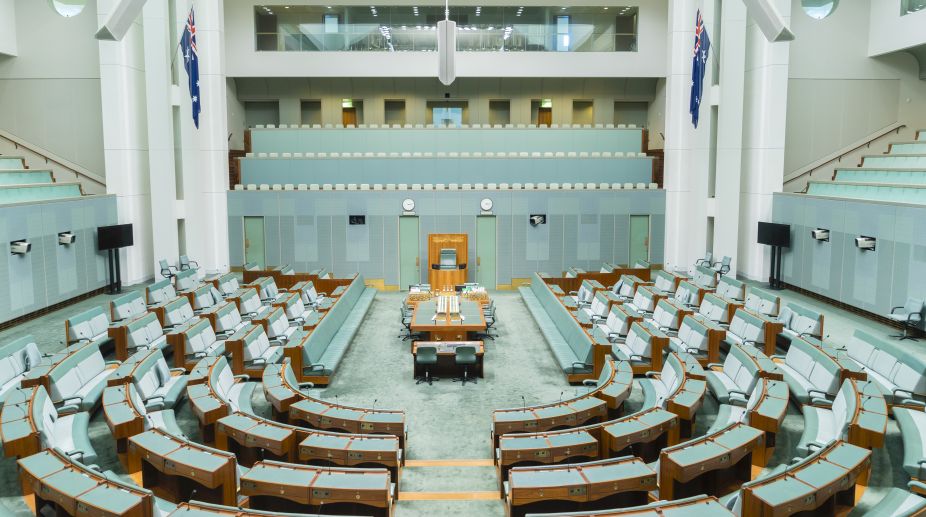After a prolonged gap, Australia has unveiled its foreign policy ‘White Paper’ which calls for strong economic ties with both India and China but emphasises that closer engagement with Beijing would be accompanied by frictions arising from different interests, values and political and legal systems of the two countries.
‘’India now sits in the front rank of Australia’s international partnerships. We are seeking much closer economic ties. Beyond an increasingly important economic relationship, our security interests are congruent, particularly in relation to the stability and openness of the Indian Ocean, ‘’said the ‘White Paper’ released by Australian Prime Minister Malcolm Turnbul.
The ‘White Paper’ has been unveiled days after Australia, India, Japan and the United States held their first quadrilateral meeting in the Philippines on the margins of the ASEAN Summit, in an obvious attempt to counter China’s hegemonistic designs in the region.
The lengthy document has a clear message for US President Donald Trump and for American policy-makers. Australia recognised there was a great deal of uncertainty in the US about the costs and benefits of its leaderships in parts of the international system. But Australia believed that the US’ engagement to support a rules-based order was in its own interests and in the interests of wider international stability, the paper said.
The document observed that India and Australia have common interests in upholding international law, especially in relation to freedom of navigation and maritime security. ’’We are both pluralist democracies. Our education links and Australia’s large and rapidly growing Indian diaspora add depth to these common interests.’’
It added that India would remain the pre-eminent maritime power among Indian Ocean countries. Australia wanted to work with India as both countries invest in enhanced naval capabilities. ‘’We already conduct joint naval exercises and we are deepening our broader defence cooperation and expanding our information sharing.’’
It went on to say, ‘’With India and others, we seek to strengthen regional architecture in the Indian Ocean ~ including the Indian Ocean Rim Association (IORA) ~ and encourage more coordinated responses to developments affecting security in the Indian Ocean region.’’
The ‘White Paper’ said Australia strongly encouraged India’s strategic engagement with East Asia and the US. ‘’We will work with India in the East Asia Summit (EAS) and build on the growing strategic collaboration between Australia, India and Japan.’’ Indo-Pacific democracies of Japan, Indonesia, India and South Korea were of first order importance to Australia, both as major bilateral partners in their own right and as countries that would influence the shape of the regional order, it added.
At the same time, Australia would strengthen relations with China, now a major geopolitical player with the capacity to influence virtually all of Australia’s international interests.











